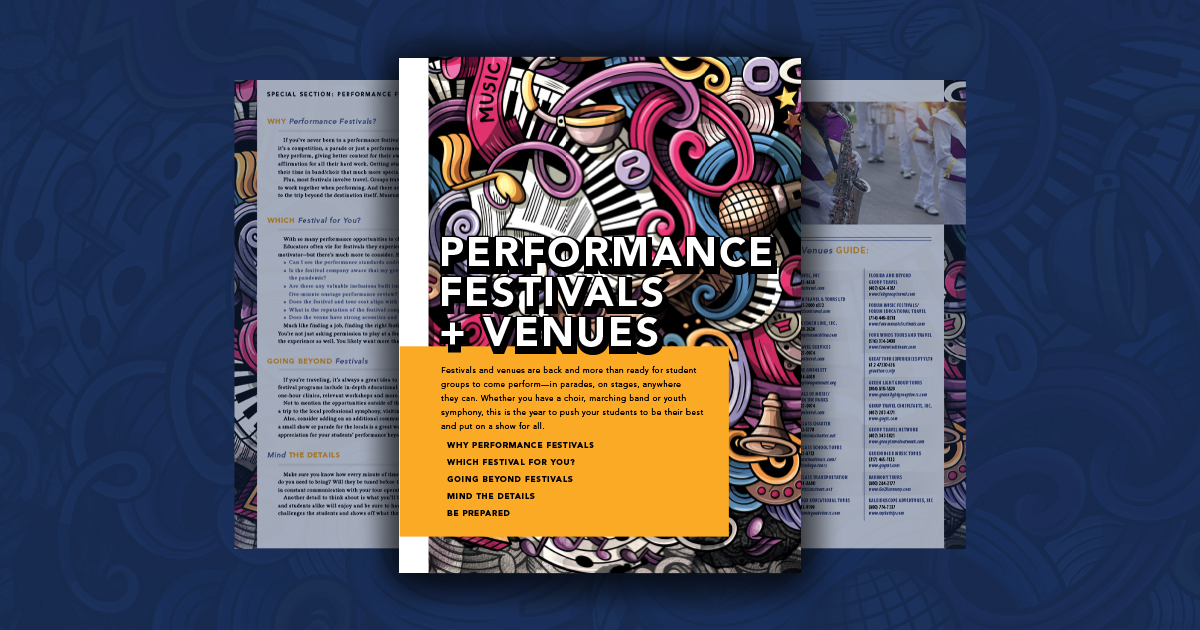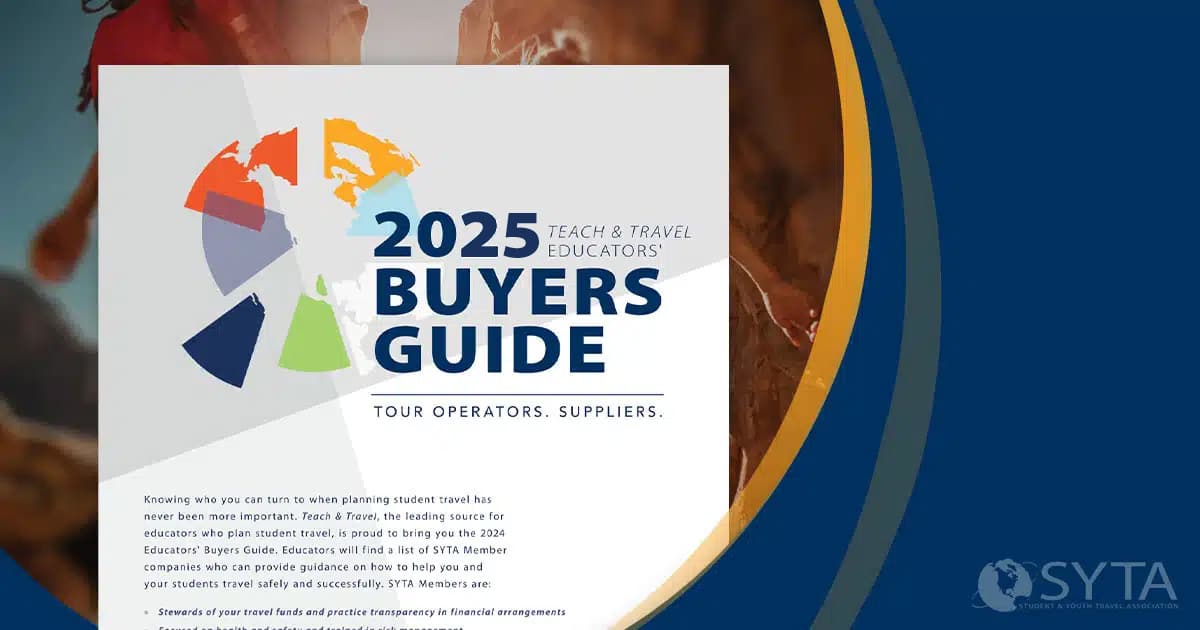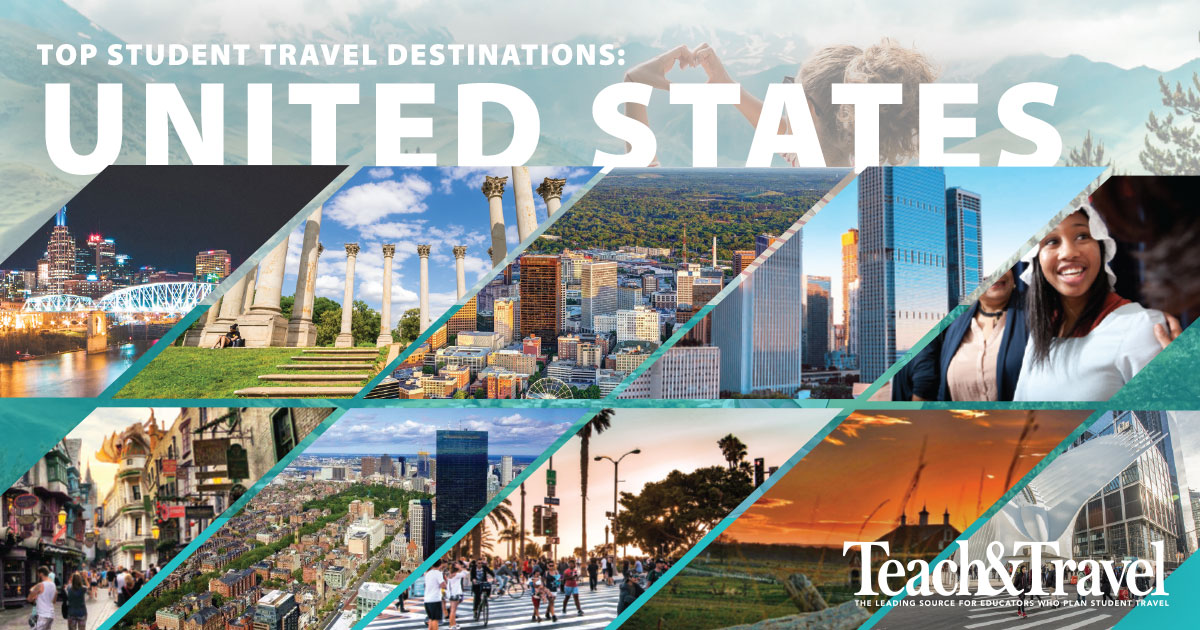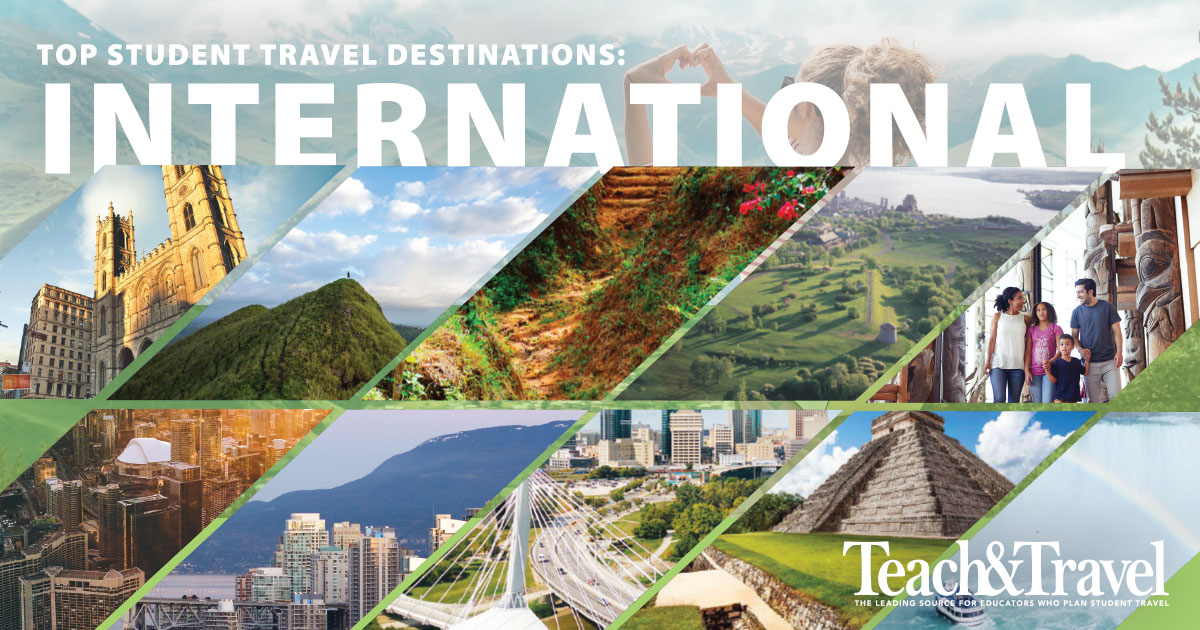To view the Performance Festivals + Venues guide, click here.
View the full list of Performance Festivals + Venues in the Educators’ Buyers Guide.
From choosing the right venue to asking the right questions and performing the perfect repertoire, industry professionals weigh in and provide their tips on finding the best opportunity to meet your student performers’ needs.
“Performance is the pinnacle of learning music—like a basketball team coming together after practicing for months to face a worthy opponent. Music brings all students together, working as one, to create a final product.” —Kirk Troen, Managing Director, Super Holiday Tours
HAVE A VISION
Ponder Your Purpose
Take a step back and reflect on the ultimate goal of attending a performance festival: Is it to be among a high-level of competition? A way for students to assess their own performance levels based on other groups from around the nation and gain exceptional opportunities otherwise not available? To attain a specific rating and leave with professional feedback from experts?
Or is it simply just for fun?
Tom Merrill, Executive Director for Festivals of Music, notes it can be a variety of those things.
“Festivals can be a wonderful opportunity to perform for different audiences, including their peers from other schools around the country,” Merrill said. “It can also be an opportunity for students to perform in a collegiate or professional level concert venue and experience both an exceptional concert space and the ‘pro treatment’ of having a stage and technical crew to work with.”
Consider Your Cost
“There are more economical festivals that can fit the budget-conscious group, as well as more expensive festivals that provide more features,” said Mark Aslanian, Director of Sales for Performance at Brightspark Travel.
Looking at what your desired itinerary entails can also help you decide in which direction to gravitate.
“Is the ceremony taking place at an attraction or venue that you were planning to place on your itinerary anyway, or a hotel dinner event or show that you wouldn’t usually include? With the ceremony at a must-see attraction unique to the city,” Arslanian said, “you receive more value and schedule flexibility by ‘killing two birds with one stone,’ so to speak.”
Festivals will be more expensive than doing free public performances, but students will get a lot more musical and educational benefit from them. Keep the overall value to the program and your students in mind.
Enhance Your Experience
Take your students’ performance festival experience to the next level, by going the extra mile to get additional feedback and exposure to music.
“Any clinics and master classes put on by well-known conductors or educators are always worthy learning experiences,” said Kirk Troen, Managing Director for Super Holiday Tours.
Arslanian agrees, noting that the clinic experience provides students and directors with another expert to help develop individual skills and techniques while also improving the overall performance of the ensemble.
“Additionally, I’d recommend attending activities that are educational, cultural and fun in whatever destination that the festival takes place,” Arslanian said. “Students learn so much through experiential travel that cannot be accomplished in the classroom.”
CONSIDER YOUR OPTIONS
“Take into consideration all that the festival offers and then decide which provides the options that best align with the goals of your program,” said Merrill. “How many adjudicators are on the panel? Do you receive a short clinic session after your performance? Who are the adjudicators and what is their background?”
You should never choose a festival based on price alone, notes Troen, who suggests seeking out video testimonials from other directors who have attended and experienced the festival firsthand and doing your research on what type of performance facility is used.
“Ideally,” said Merrill, “a festival venue should be nicer than where you perform your home concerts.”
“The festival experience needs to nurture and encourage students to continue to improve their performance and continue to stay in their music program,” said Arslanian. “You need to select a festival that is appropriate for your music program’s level, as choosing a festival that is highly competitive with strict adjudication would not be good for a new or developing program.”
ONCE YOU’VE CHOSEN A FESTIVAL OR VENUE
Communicate
Don’t let the details get lost in all the excitement—and be sure to get all of your ducks (or trumpets) in a row.
Arslanian suggests asking questions such as: When are payments due and how much are they? What instruments and equipment are provided by the festival? What additional performance forms are needed and when are they due? What is the festival’s cancellation policy?
Reading everything that’s sent to you is essential.
“Most challenges can be solved if you’re proactive, asking the questions and supplying answers to information requests in the weeks leading up to the festival,” said Merrill. “The second worst feeling in the world is having an issue on-site at the festival and saying, ‘but I didn’t know that.’ The WORST feeling in the world is having an issue on-site, saying that, and having the festival director show you the email you were sent that would have prevented it!”
Mind Your Music
Keeping time constraints in mind, choose material to showcase various styles of performance that highlight as many different parts of your ensemble as possible.
“This will provide the adjudicators with a broader view of your group’s abilities, which will allow them to provide even more helpful critique and comments to help raise your group up to the next performance level,” said Arslanian.
Though it may be tempting to choose material with a high level of difficulty, keep a few things in mind.
“We unfortunately see a lot of groups that ‘over-program’—choosing music that is too difficult for their ensemble or might have critical parts missing because of students who opted to not take part in the tour,” said Merrill. “Trying to impress the judges by doing something really difficult can actually be counterproductive.”
OTHER CONSIDERATIONS
Pace yourself!
Be realistic when scheduling your trip and festival day. As much as you want your students to have fun, you don’t want them to be exhausted when it comes time to perform.
As a rule of thumb to avoid scheduling conflicts, Merrill advises groups—and travel planners—to expect a 60- to 90-minute window for each ensemble scheduled, plus whatever time you need for loading and unloading of buses and equipment.
“Be sure that your travel dates fit with the school calendar in regard to required district and state testing, SAT/ACT exams and other school events,” said Arslanian. “You should also involve your parents/booster club in the early stages of the planning so you have not only their support, but also enough parents willing to chaperone.”
Troen suggests always choosing an operator to plan your trip, so in case of a disaster or an emergency your legalities are in order—saving you from possible hassles no teacher wants to run into.
To see a listing of performance festival and venues, visit Teach & Travel.





